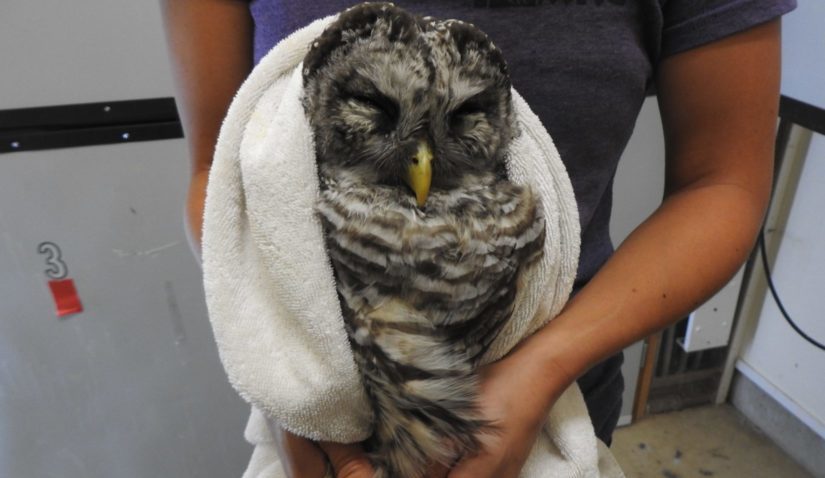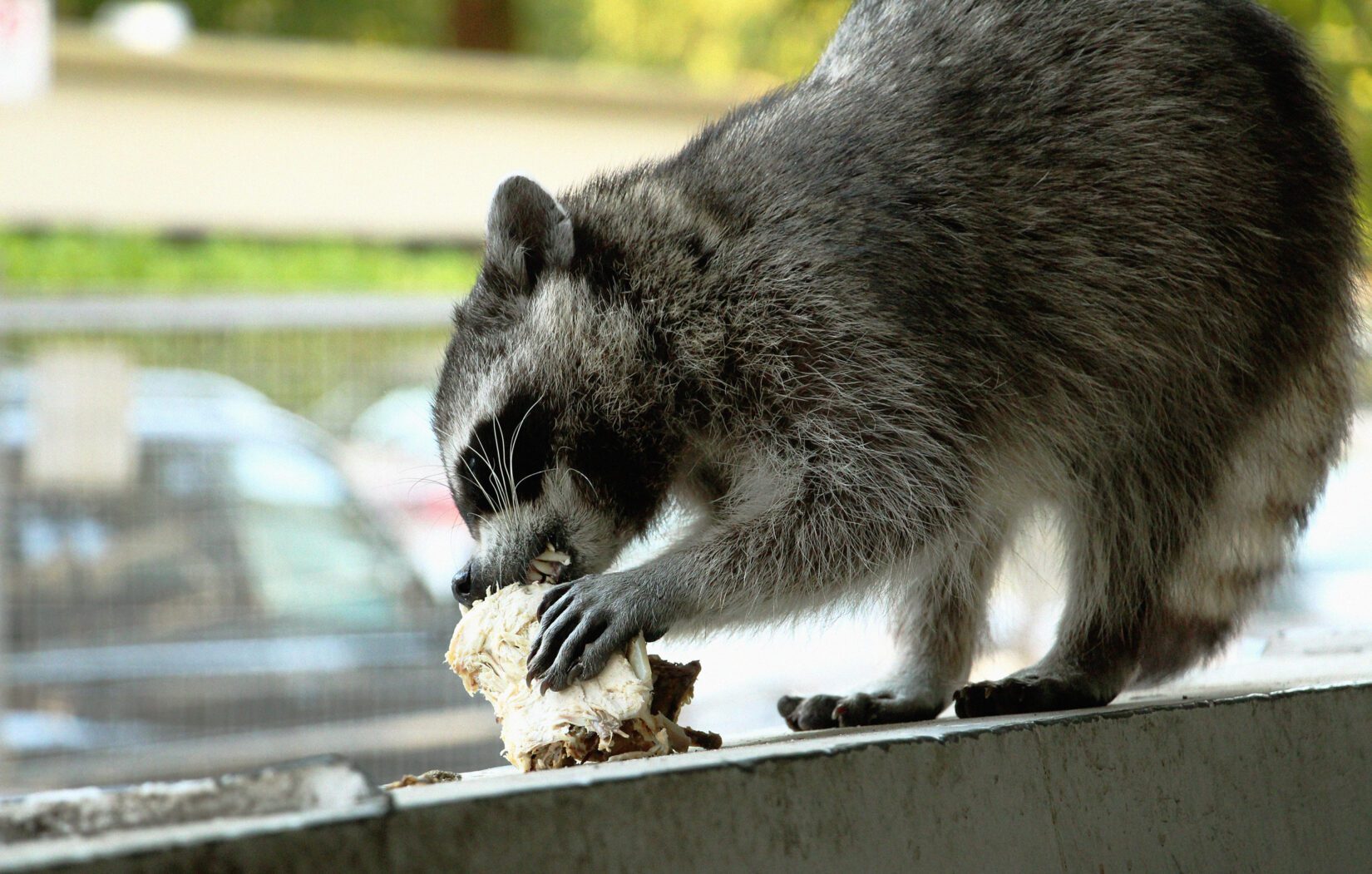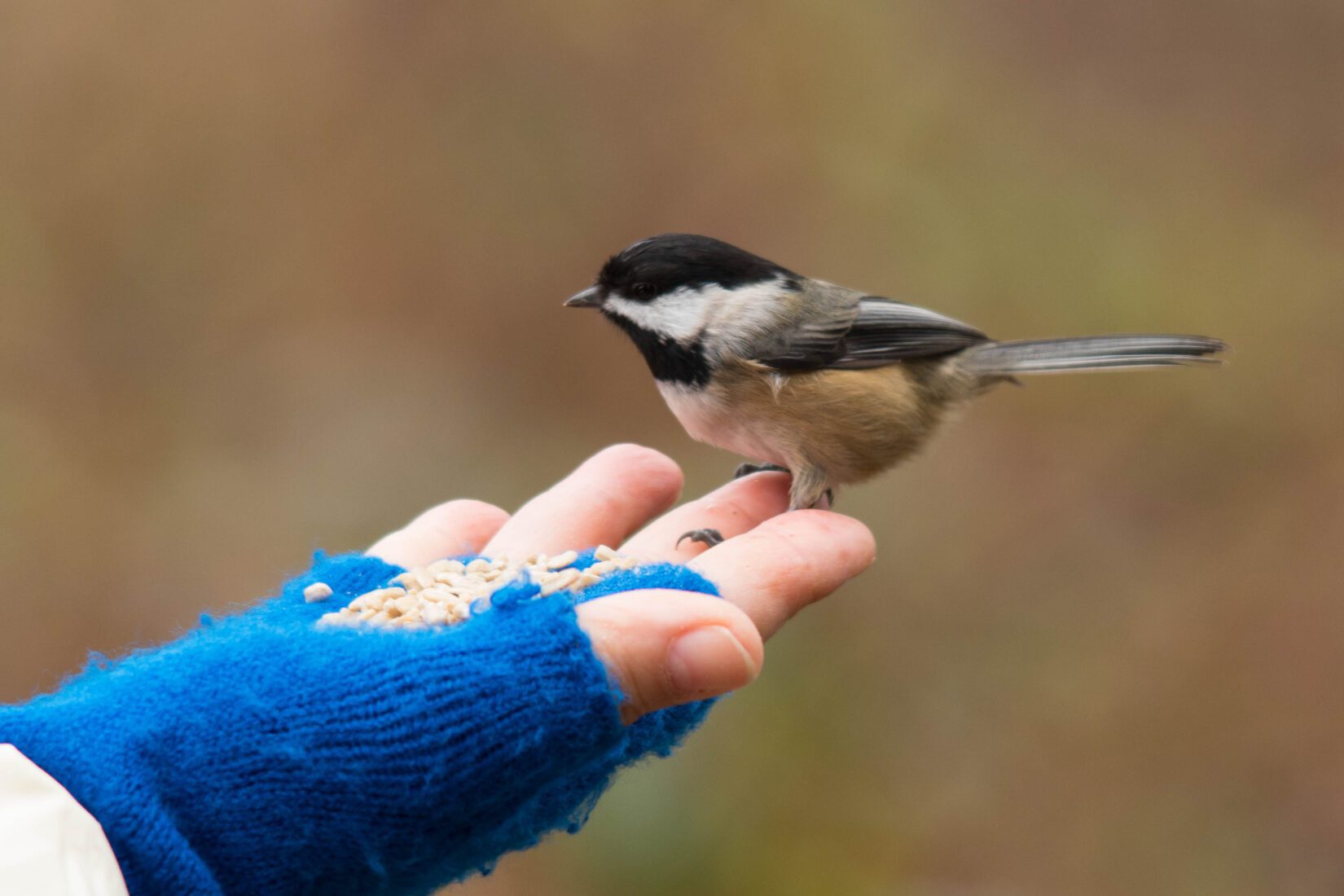With limited travel the past two years, more and more British Columbians are discovering the natural beauty of our local parks. Hiking, camping, kayaking and other activities are a great way to enjoy the fresh air and experience wildlife, but remember to be a good neighbour for the animals.
Don’t litter
It may seem harmless to toss an apple core into the trees, or a banana peel out the window, but it’s not harmless for wild animals. Food scraps may be biodegradable but discarded organic matter attracts wild animals, who can get hit by cars as they investigate and try to eat these items.
Rodents that are attracted to the food can act as a lure for predators, such as hawks, eagles and owls, who are also in danger of being hit by cars.

If animals learn that roadways are a good source of food, they will often return or stay to search for a meal. Collisions with animals are also dangerous for drivers as incidents can damage their vehicles or cause injury to all parties involved.
Animals can also become habituated by food not just left beside roadways, but along walking trails, campgrounds, and even backyards. It’s important to properly dispose of biodegradable waste to avoid unnaturally attracting animals, which could lead to problems if they become habituated to people.

If you have food waste, properly dispose of it in a waste or compost bin – every bit counts! When travelling throughout our beautiful province, check on where there are local drop-off bins along your route, or take a container with you to keep your scraps and dispose of them later. In some areas, there are bylaws in place against littering – including compostable food items.
Please make sure that all waste and compost is properly disposed of to prevent injury to wild animals, and to keep roads safe!
Don’t feed the animals
Wildlife feeding is a significant source of human-wildlife conflict, and usually the animals suffer the consequences. Wild animals that become habituated are also more susceptible to predation and vehicle collisions. If they adapt to an artificial abundance of food, but that food is withdrawn, they can starve or become stressed and aggressive as the resource becomes increasingly scarce.

Bird feeding by hand commonly occurs at roadsides, parks and public spaces with birds like jays, gulls, and ducks – it makes for a good photo, but wild animals suffer when they eat human food instead of their natural diet. Human food often causes birds to suffer extensively from malnutrition, bone deformation and death. Even with nutritionally appropriate feed, hand-feeding has negative consequences. Food-conditioned birds may become aggressive towards people, become a nuisance or damage property when they gather in large numbers, and stray feed can attract rodents and other wildlife.
The best way to observe wild animals is by keeping their spaces natural and wild.
